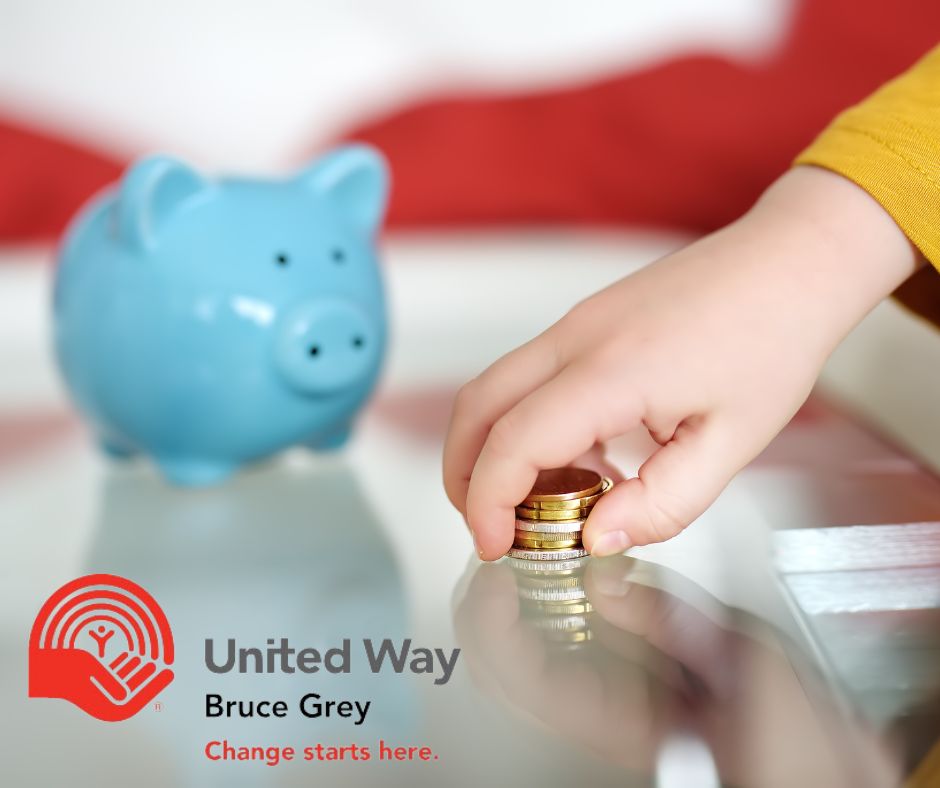Financial Literacy: Empowering People and Preventing Poverty
In today’s fast-paced and complex world, financial literacy has become an essential skill for every individual. It plays a crucial role in poverty prevention, as it equips people with the knowledge and tools necessary to make informed financial decisions, build confidence, and secure a more stable future. In this blog, we will explore the significance of financial education, budgeting, supporting families, understanding information, fraud prevention, and the importance of filing income tax, particularly for those with low income.
Financial education is the foundation of financial literacy. It empowers people by providing them with the knowledge and skills to manage their money effectively. By learning about budgeting, debt management, community programs, and any potential saving strategies, people can establish a solid financial foundation, which allows them to make informed decisions about their income, expenses, and priorities.
The budgeting exercise is a key aspect of financial literacy, as it helps people gain an understanding of their finances. It helps take how people feel about their finances into concretely seeing their finances. When people see the actual numbers, it often helps either confirm their feelings or provide clarity on the situation. By creating a budget, people can track their income and expenses, understand their spending, and potentially reduce unnecessary costs. Our Financial Literacy Program focuses on providing relevant, realistic information on programs, strategies, and options tailored for the person’s actual situation.
Supporting families is another crucial aspect of financial literacy. Understanding how to manage household finances and plan for the future can significantly impact a family’s well-being. By educating themselves about financial matters, parents can teach their children the importance of saving, budgeting, and making responsible financial decisions. This knowledge can create a positive cycle, breaking the cycle of poverty by equipping future generations with the necessary skills to succeed financially.
One of the challenges faced by people with low income is the lack of access to relevant information. Our Financial Literacy Program bridges this information gap by providing resources and guidance on managing finances effectively. By offering courses, workshops, and online resources, our program equips people with the knowledge to make informed decisions, avoid costly mistakes, and improve their financial well-being.
Fraud prevention is also an essential component of financial literacy. People with low income are often vulnerable to financial scams and schemes that promise quick riches or easy solutions to debt. By understanding the basics of fraud prevention, people can protect themselves from falling victim to these scams and safeguard their hard-earned money.
Filing income tax is a critical aspect of financial literacy, especially for people with low income. Many people in this category may not be aware of the benefits and credits they are eligible for, resulting in missed opportunities to receive financial assistance. By educating people about tax laws, deductions, and credits, financial literacy programs can help people maximize their income and access support that can alleviate financial burdens.
In conclusion, financial literacy is a powerful tool to support our neighbours in difficult times. By providing people with the knowledge and skills necessary to navigate the complex world of personal finance, we can empower them to make informed decisions, build wealth, and secure a brighter future for themselves and their families. From budgeting and understanding financial information to fraud prevention and filing income tax, financial literacy programs offer a comprehensive approach to improving financial well-being and reducing the impact of poverty.

The United Way’s Financial Literacy Program is a free confidential program that can be life-changing. There is no eligibility criteria except that the person lives in Grey and Bruce Counties and wants to talk about a financial issue. It should be understood that this is not an emergency support program and it can often be a few weeks from initial contact to an actual appointment due to the volume of clients for the program.
This program is also 100% supported by United Way donors. To support the program with a donation, please visit www.donatetoday.ca and comment ‘financial literacy’ when making your donation. In person donations can also be made at 380 9th street east Owen Sound or by calling 519-376-1560 M-F 8:30 to 4:30.
To access the program, interested people may reach contact our Financial Literacy Program Coordinator Caroline at advice@unitedwaybg.com or by phone/text at 519-378-4773.
Data:
The average household income of people accessing the financial literacy program in 2023 was $25 200
Over 260 appointments were scheduled in 2023 for 245 unique households.
Demographics
- Adults: 275
- Children: 32
- Seniors: 146

